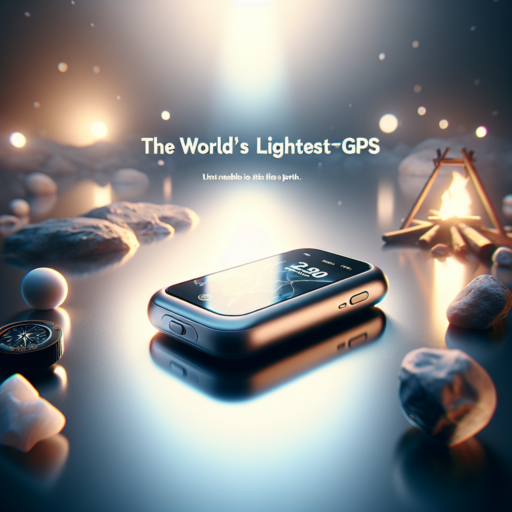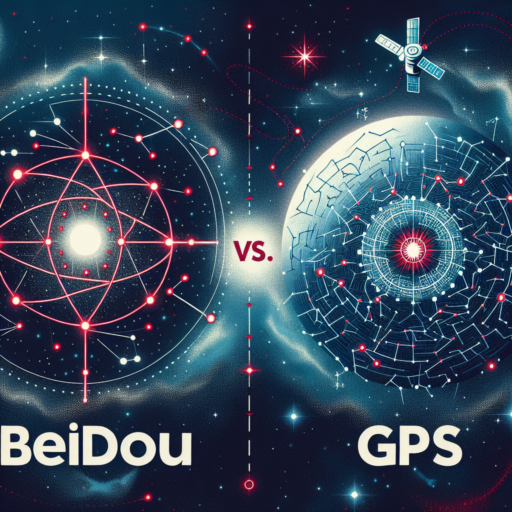Is there a GPS tracker for seniors?
Indeed, the market has seen significant advancements in safety technology, leading to the development of dedicated GPS trackers for seniors. These devices are designed to provide peace of mind to both the elderly and their loved ones. They come with features tailored specifically for an older demographic, such as fall detection, real-time location tracking, and emergency call buttons.
Such GPS trackers are lightweight, easy to carry, and can be worn around the neck, on the wrist, or simply placed in a pocket. This ensures that seniors can go about their daily activities without feeling burdened by the device, while also staying within reach of help should they need it. The real-time location tracking feature allows family members to monitor their loved one’s location through a mobile app or website, offering reassurance that they are safe.
Moreover, emergency call buttons incorporated into these devices can be a lifesaver. With just a simple press, seniors can alert family members or emergency services, thus providing an additional layer of safety. This feature underscores the importance of GPS trackers for seniors, not just as tools for location tracking but as essential devices for emergency situations.
Can my GPS watch be tracked?
Many people wear GPS watches for a variety of reasons, from fitness tracking to navigation assistance. However, the capacity for these devices to be tracked raises important privacy and safety considerations. Essentially, if your GPS watch can transmit location data, it’s possible that this information can be accessed by others, either through legitimate channels or via unauthorized means.
Legitimate Tracking Scenarios
There are several scenarios in which the tracking of your GPS watch is not only possible but intended. For instance, parental control apps and services designed for the safety and monitoring of children or elderly relatives often utilize the tracking capabilities of GPS watches. Similarly, athletes might share their location data deliberately for safety reasons or in competitive contexts. Many modern devices are equipped with features and applications that, when enabled, allow for the real-time sharing of one’s location with designated individuals or systems.
Potential Risks of Unauthorized Tracking
On the flip side, the ability to track a GPS watch can pose certain risks. Unauthorized access to GPS data can happen through hacking, phishing attacks, or when a device is lost or stolen. Cybercriminals can exploit vulnerabilities in the device’s security architecture or the communication network it uses to transmit data. This raises concerns about personal privacy and security, as undisclosed location information can potentially be misused in various harmful ways.
No se han encontrado productos.
Are GPS watches worth it?
In assessing whether GPS watches are worth the investment, it’s important to consider the myriad of features they offer to various user groups. From athletes looking for detailed analysis of their training sessions to adventurers who prize navigational aids, GPS watches have carved out a significant niche in the tech wearables market.
For starters, these devices offer precise tracking of location, distance, pace, and often altitude, which is invaluable for runners, cyclists, and hikers. The ability to meticulously record workouts and then analyze the data to improve performance or track progress over time is a considerable advantage. Furthermore, many models now sync seamlessly with smartphones and computers, providing users with a comprehensive overview of their physical activities and health metrics.
Advanced Features and Connectivity
Another aspect to consider is the advanced features and connectivity options that modern GPS watches provide. Beyond mere location tracking, they can monitor heart rate, sleep patterns, and even offer on-the-fly notifications from your smartphone. The integration of these features into one compact device worn on the wrist is a testament to the technological advancements in this area. This multifunctionality makes them not just a tool for athletes but also a daily companion for health-conscious individuals.
Additionally, the durability and design of GPS watches have seen significant improvements, making them more appealing for everyday wear. With extended battery life, water resistance, and sleek designs, these watches are designed for the rigors of outdoor adventures as well as for style-conscious consumers. This blend of functionality, durability, and aesthetics adds to the argument in favor of their value.
Which watch has the most accurate GPS?
Finding the most accurate GPS watch involves looking at the latest models that incorporate advanced satellite tracking technologies. Brands like Garmin, Suunto, and Apple stand out for their precision in providing users with reliable GPS functionality. Each brand has its own approach to optimizing GPS accuracy, from leveraging multiple global navigation satellite systems (GNSS) to incorporating unique algorithms that enhance signal lock and reduce drift.
Garmin: Pioneers in GPS Precision
Garmin watches are often heralded for their superb GPS accuracy, thanks in large part to their use of multi-GNSS support and additional sensors that aid in precision. Notably, watches like the Garmin Fenix series utilize GPS, GLONASS, and Galileo satellite networks, ensuring comprehensive global coverage and improved accuracy in challenging environments. Moreover, Garmin’s UltraTrac mode can extend battery life while maintaining a satisfactory level of GPS tracking, making them a top choice for endurance athletes and outdoor adventurers.
Suunto: Enhanced Positioning with FusedTrack™
Suunto watches, particularly from the Suunto 9 collection, excel in situations where GPS conditions are less than ideal. Their innovative FusedTrack™ technology combines GPS data with motion sensor information to improve track and distance accuracy when GPS signals are weak or not available. This hybrid approach ensures that Suunto watches offer reliable GPS tracking during long workouts or in locations where GPS coverage is compromised, maintaining a high standard of accuracy for users focused on precision.
In the realm of smartwatches, Apple has made significant strides with its latest Apple Watch models. These devices not only access GPS but also GLONASS, Galileo, and QZSS, mirroring the strategy of dedicated sports watches. Apple’s integration of these systems, along with its proprietary optimizations, allows for remarkably accurate location tracking in a diverse range of scenarios. Whether navigating the urban jungle or exploring remote trails, users can rely on the Apple Watch for precise positioning information.



